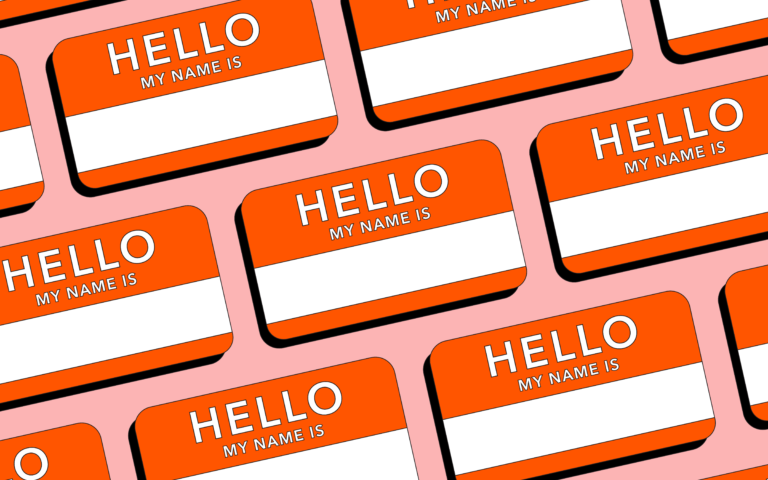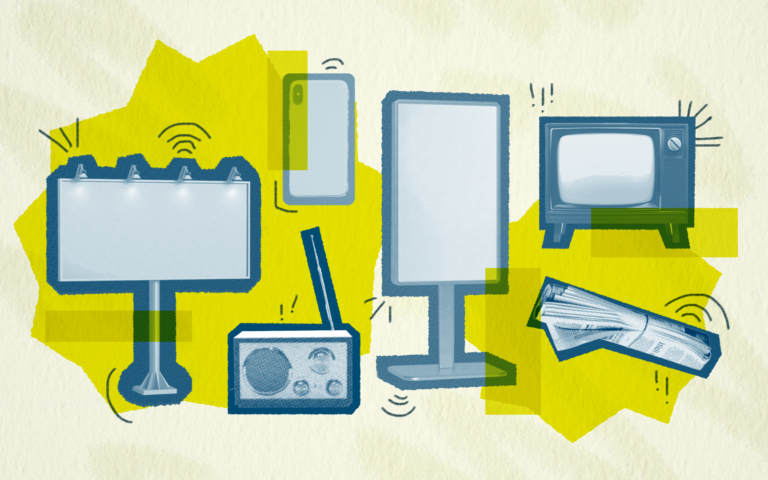
The Dark Side of Language
I write professionally—that’s why you’re here—and that also means that I make a living off the impact of words. I have stake in whether or not I tell you that language matters.
At Superhuman, I not only write, but I help co-workers in various departments proofread their work. This can be as minor as making sure there are (or aren’t) Oxford Commas where they need to be, or as major as updating the syntax and language of presentations. In that context, I’m brutal: slicing up a sentence to go from passive voice to active, obliterating extraneous words, switching up homophones—it’s a red ink bloodbath.
Being a mercenary for grammatical correctness is a responsibility that cannot be taken lightly, or liberally. There are countless resources from both those invested in grammar and those invested in etiquette on why it’s generally a bad idea to correct people’s grammar—even if you’re a mentor, even if they’re wrong, even if you mean well. When correcting grammar is part of your job, like mine, you have to think critically about why language is so precious.
As a creativity agency, our job is to craft ideas, and part of that craft includes using language accurately, precisely, and thoughtfully. Language is a critical vessel for the creativity that fuels our clients’ successes. But language also has a murky dark side, where it’s oppressive, arbitrary, and ever-evolving.
“Language is a critical vessel for the creativity that fuels our clients’ successes.”
1. Oppressive
There are a lot of markers when someone speaks that people use to classify them. Some of it is auditory, like tone of voice, accent, even volume, but there are many things that function similarly in written language. Sonja Ardoin writes about this in a blog post titled “Scrutinizing Language is a Form of Classism” for NASPA, Student Affairs Administrators in Higher Education, as a socioeconomic issue. In practice, language creates in-groups and out-groups—even in advertising, that can be useful if your products or services only really work for specific use cases, but language can also exclude potential customers who need more guidance figuring out how they benefit from you. You might be creating a strata of preferred customers and de-prioritized customers if you’re not careful enough.
Beyond advertising, it can be helpful to think about language and linguistics in two schools of thought: Descriptivism, which I’ll touch on later, and Prescriptivism. Prescriptivist thought in language is very restrictive. It means establishing and adhering to specific rules in spelling, pronunciation, syntax, and more. Rules make sense, to a certain extent, but prescriptivism is also very judgmental about correct usage. For example, if you pronounce the word “bag” with a long a-sound instead of a short a-sound, you are Minnesotan. I think that’s hella cute, but a prescriptivist will tell you that you’re wrong and you should feel wrong. Prescriptivism effectively eliminates dialects, and when you think of other oppressed groups besides Minnesotans, that can be a dangerous way of homogenizing language and signaling that people are lesser because of the way they communicate.
Overcorrecting grammar and language can have the consequences of perpetuating harmful hierarchies and threatening diversities.
2. Arbitrary
Rules are pretty annoying, especially when you realize that language is just made up! At Superhuman, our approach to language falls more in line with descriptivism, which means that we see how people actually use language and believe that norms—not rules—should be informed by usage. This Linguistics lecture from Simon Fraser University summarizes this thought very well: “Languages are rule-governed structures […] The rules reflect the systematic structure of language. They are observed regularities of language behavior.” When even the rules in language are more like noted summaries of our collective tendencies, it becomes important to be someone who studies usage in a variety of settings, not just “rules.”
3. Ever-evolving
Growing up, I’ve witnessed “literally” shift from what it literally is to its figurative form of lexical hyperbole. And that’s not even that recent—Merriam-Webster notes that it might date back to 1769. They’re correct to note that it can be frustrating that a word can carry one meaning and its opposite, but like, also, you get it. We create new words and terms all the time, like how ”Google” is a proper noun that we commonly use as a verb. The English language supports this kind of creativity—how many times have you added “ish” or “esque” to the end of a word to distill what you’re describing?
Language doesn’t happen in a vacuum, and we understand each other even if words evolve, because our understanding can develop and evolve too.
Alright, you 100% believe and accept everything I’ve shared with you. But you still have contractions to apostrophize, spelling errors to correct, and syntax to slide around, so here’s some advice for you as you carefully wield your red pen or delete key.
1. Champion Consistency
If your British colleague wants to use Oxford commas and there’s no harm to a style guide in doing so, let ‘em rip. Just make sure that your colleague uses them all the time, not just once in one sentence and then back to AP style in another sentence in the same paragraph.
2. Acknowledge Relativity
When that same colleague has to write a press release for a big company’s event with a thick style guide that says “AP STYLE” on it, they’re gonna have to nix their Oxford Commas. But if you’re in a meeting with those same people, and your colleague from Lakeville, Minnesota suggests giving event attendees “swAYYYg bAAAYgs,” that’s ok! Same with co-workers who send you their Slack DMs in all lowercase. These are situations where you might have to ask yourself, “What is the text’s or content’s relationship to correctness?” That is, whether something HAS to be correct in that instance to be understood. And generally, as people, we get it, so corrections are unwarranted.
3. Embrace Change
Thanks to both the flexible structures in the English language and the rapid rate of communication thanks to the Internet, we should feel free to play with language. That play should feel like an open canvas, not a restrictive keyboard. Additionally, like sports people, we should not only engage in play, but watch closely how others do it, whether that’s reading literature, catching up on Twitter, or chatting with your neighbors.
As a metanote, this blog post isn’t in the Superhuman Voice & Tone. I’ve been writing in my own voice, with my own personality quips and flourishes, as an extension of my thesis that language is meant to adapt. You’re welcome to take all of this with a grain of salt, or use this as a stepping stone to other thoughts. Remember: I don’t make the rules, not without you.
Artwork by Ashley Zimiga




